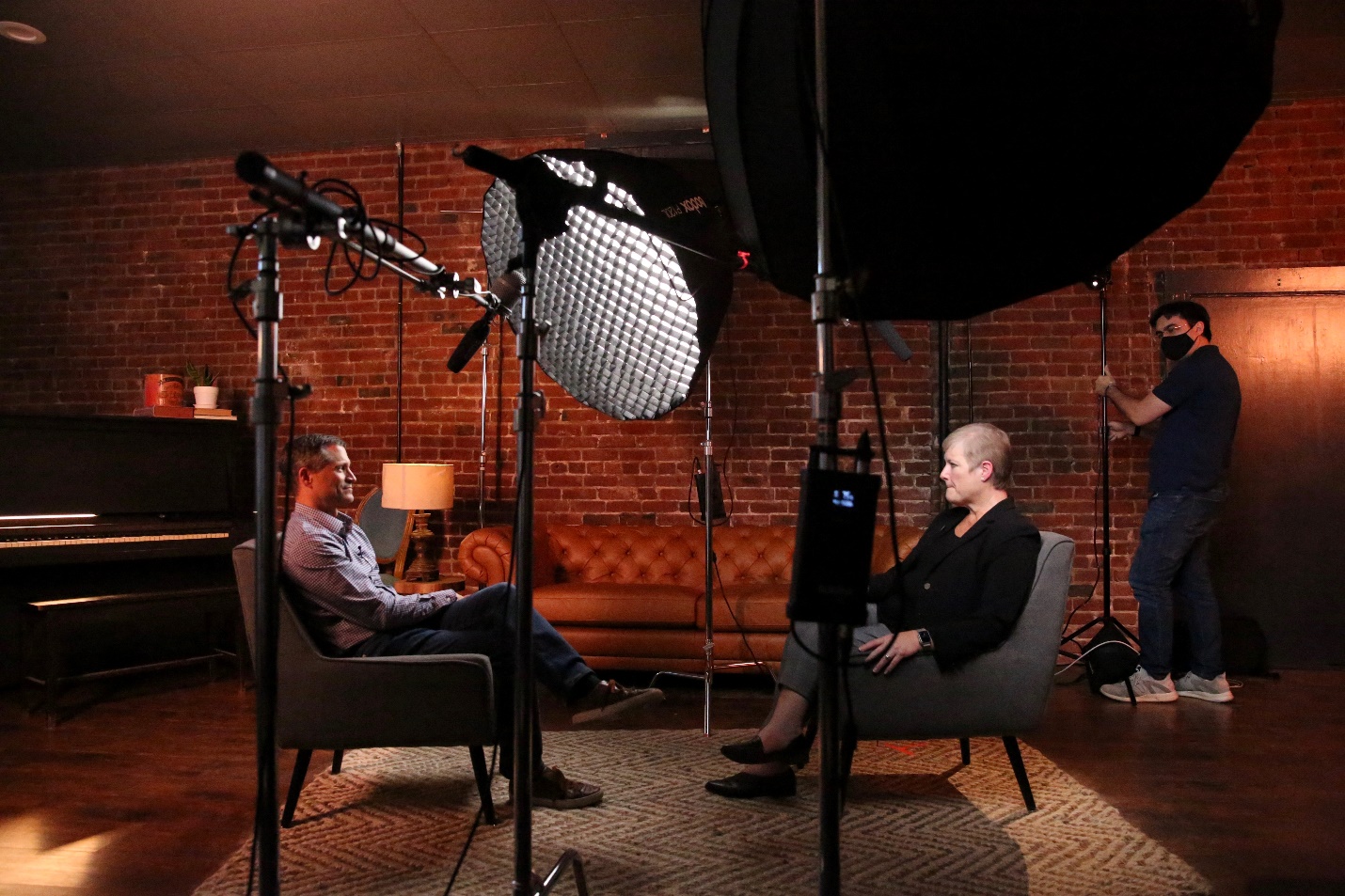ITV is a free-to-air television network in the UK. To compete with BBC Television, ITV was first introduced in 1955 as Independent Television (established in 1936). The first commercial network in the UK was ITV. Channel 3 has been its official name since the Broadcasting Act of 1990 was enacted to set it apart from the other analogue channels at the time, BBC1, BBC2, and Channel 4. For four decades, ITV was a network of independent businesses that offered regional television services and shared programmes so they could be shown across the entire network. A distinct corporation had formerly owned each franchise. Here are ten things you may not know about ITV:
Commencement:
The first transmission of ITV was broadcasted in 1955 on Channel 3.
Founding Members
Rediffusion, Granada, ATV, and ABC were the four founding contractors who would share ITV’s single network. All of them were founded on well-established film and entertainment industry interests, and they rapidly got to work producing the popular peak-time viewing: variety shows, lucrative quizzes, pop music shows, and long-running drama serials, or “soap operas.”
Popularity of ITV
ITV’s instantaneous success had a disastrous impact on the BBC, as ITV’s income increased from its initial $2,000,000 to more than £60,000,000. ITV programmers significantly improved their reputation by gaining excellence in coverage of current affairs and select documentary areas, while the BBC responded by introducing popular programmes during peak viewing hours.
Post-strike and colour television
The network’s introduction of colour television and the new 625-line system both happened simultaneously. ITV finally launched PAL colour on this system starting on November 15, 1969, two years after BBC2.
Current Licenses
Before November 2008, each regional ITV Plc-owned company possessed a licence in England and Wales. Currently, there is one national licence for the breakfast service and fifteen regional licences covering fourteen areas (the London region has separate weekday and weekend licences).
Regional Licenses
ITV had 15 regional broadcasting licences by 1973, each of which was managed by a distinct business.
Emergency National Service
The management’s answer to the nearly finished Independent Television technicians’ strike that began soon after the 1968 franchise modifications went into effect was the ITV Emergency National Service. The various firms went off the air for several weeks during the national ITV technicians’ strike from August 3 to August 18, 1968. Management staff provided an emergency service with no regional differences. A standard presenting technique was used in every location for the first time. It wasn’t until ITV’s first few days back on the air after the 1979 technicians’ strike, which censored the channel for 75 days, that this incident occurred again.
Programming
For more than 60 years, ITV has produced some of the most well-known and financially successful original programming. Before the 1990s, the fifteen franchise licensees—the local businesses—produced almost all of the channel’s content. However, since the Broadcasting Act of 1990, which established a 25% quota for commissioning independent productions, the number of independent production companies’ programmes that are not part of the traditional ITV network has rapidly expanded.
Studios
 Source: https://unsplash.com/photos/AbuN0SklCeQ
Source: https://unsplash.com/photos/AbuN0SklCeQ
ITV London is now based out of the London Studios, formerly home of London Weekend Television, on the south of River Thames. The choice of the centre was made possible by both businesses’ presence; since 1993, GMTV and Carlton have leased space there.
Viewership of ITV
ITV is at the centre of popular culture. Since its advent, ITV has held the record, 7 times, for the most watched special event on a single channel in UK. In 2021 alone, the viewership reached 34.2 million viewers each week—nearly 56% of all TV viewers.
Conclusion:
To conclude, Politicians and the media have been concerned that there would be a clash between programme audiences and advertisers since ITV’s debut. ITV is under pressure to air more well-liked shows during prime time because sponsors are hesitant to buy ad space around low-watching programmes. However, Today, ITV Plc merely centrally commissions the network schedule; its subsidiary ITV Studios and independent production businesses produce the shows. Although the ITV network has been around since 1955, numerous regional franchisees have changed. Some of the most significant names in the network’s history, including Thames, ABC, and ATV, are unrelated to the current network.

Muhammad Asfandyar is a lawyer having extensive experience in creative content writing, proofreading, legal and academic research writing. He can be reached at asfandyar.edw@gmail.com

 Source:
Source: 